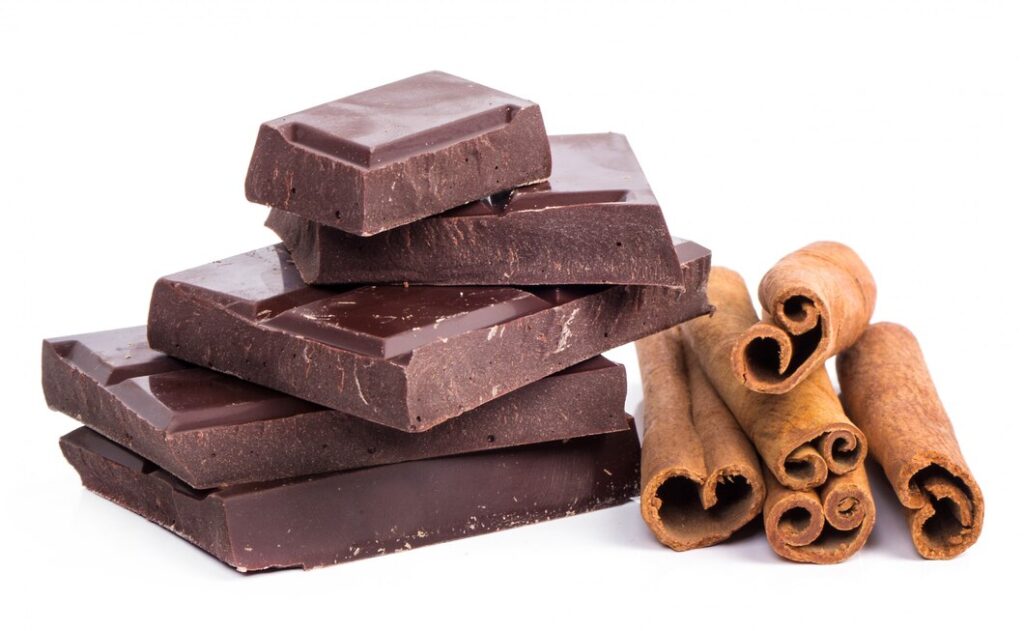Introduction:
Chocolate, a tempting delight for many humans, raises questions when it comes to our feathered friends. This exploration aims to uncover the intricacies of whether birds can consume chocolate and the potential risks associated with this sweet indulgence.

The Straightforward Answer:
In unequivocal terms, the answer is no – birds should not consume chocolate. Despite being a beloved treat for humans, chocolate contains substances that can be harmful and, in some cases, fatal to our avian companions.
The Culprit: Theobromine
The primary concern with chocolate is the presence of theobromine, a stimulant belonging to the same family as caffeine. While humans can metabolize theobromine efficiently, birds and certain other animals metabolize it much more slowly, leading to heightened toxicity.
Risks of Theobromine Poisoning:
Ingesting chocolate can pose various risks to birds, including:
1. Cardiac Issues:
Theobromine affects the cardiovascular system, potentially leading to increased heart rate and arrhythmias.
2. Central Nervous System Stimulation:
Birds may experience hyperactivity, restlessness, and, in severe cases, seizures.
3. Digestive Upset:
Chocolate can cause digestive issues, including vomiting and diarrhea.
Types of Chocolate Matter:
Theobromine content varies among different types of chocolate, with darker chocolates having higher concentrations. While unsweetened baking chocolate poses the most significant risk, white chocolate has minimal theobromine content.
Signs of Theobromine Poisoning in Birds:
If a bird has ingested chocolate, vigilant observation is crucial. Look for the following signs:
- Increased heart rate
- Restlessness or hyperactivity
- Tremors or seizures
- Vomiting and diarrhea
Seeking Veterinary Attention:
Prompt veterinary attention is paramount if you suspect a bird has ingested chocolate. Providing information about the type and amount of chocolate consumed assists in the diagnosis and subsequent treatment.
Alternatives to Chocolate Treats:
Considering the risks associated with chocolate, it’s essential to explore alternative treats for our feathered companions. Bird-safe treats, approved by avian veterinarians, ensure a delightful yet safe indulgence.
Key Takeaways:
- No Chocolate: Birds should not be given chocolate due to theobromine toxicity.
- Toxicity Levels: Dark chocolate poses a higher risk than milk or white chocolate.
- Prompt Action: If ingestion occurs, seek immediate veterinary attention.
- Know the Signs: Watch for signs of theobromine poisoning.
- Safe Alternatives: Explore bird-friendly treats recommended by avian veterinarians.
Conclusion:
While the temptation to share our treats with pets is understandable, chocolate is a line that should not be crossed with our avian friends. Theobromine toxicity can have severe consequences for birds, emphasizing the need for vigilance in monitoring their access to human foods. Opting for bird-approved treats ensures their well-being and a delightful treat tailored to their specific dietary needs.
Also Check Out: Do Rabbits Eat Tomato Plants